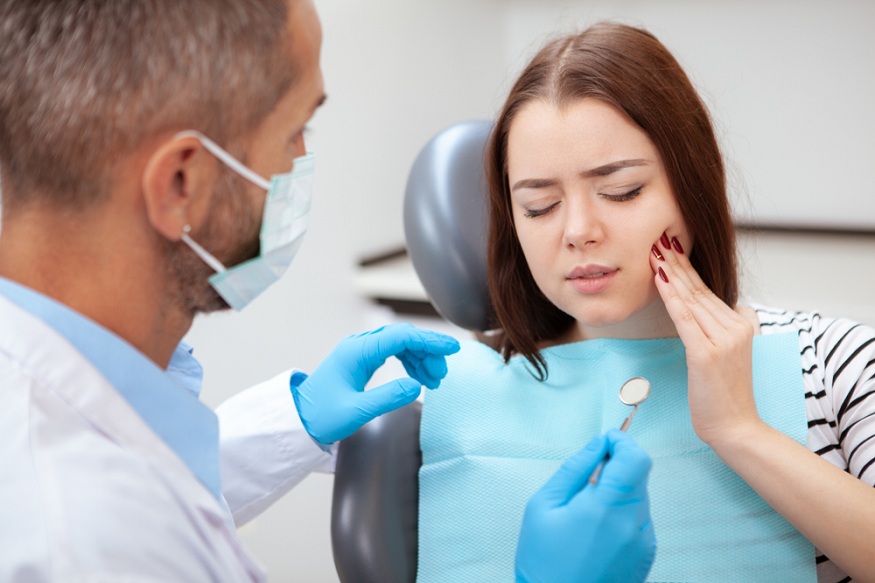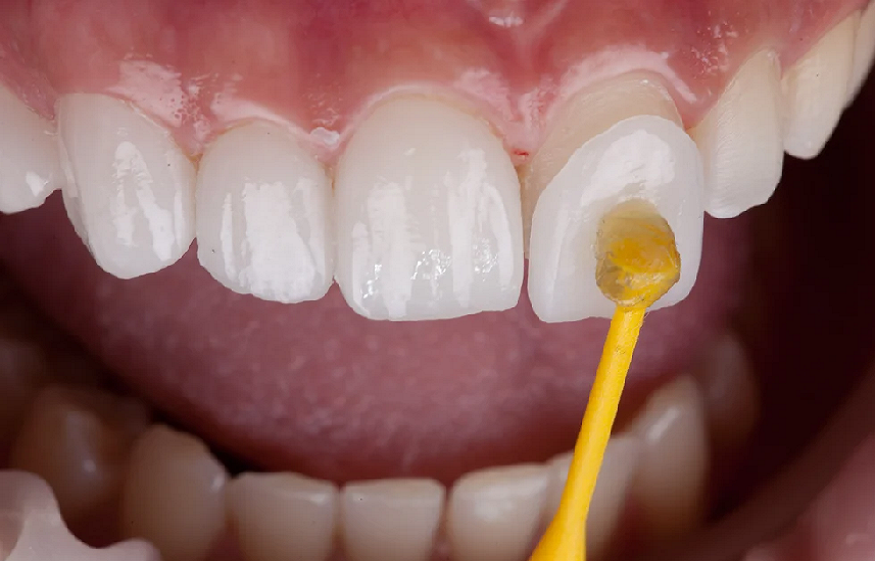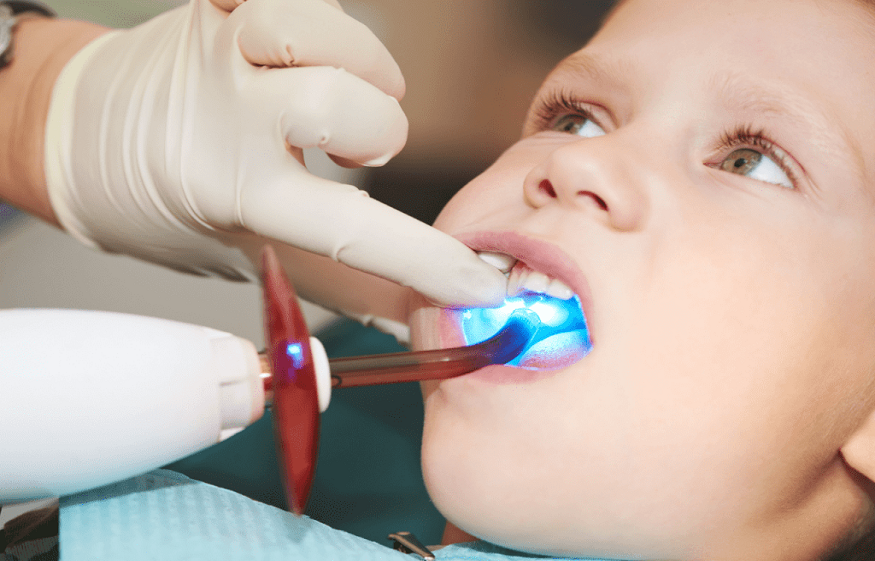Dental emergencies can happen at any time. A chipped tooth, sudden pain, or lost filling can disrupt your day. Immediate care is crucial. Your family dentist is the best person to help. A dentist can guide you through the steps to take. For those in need of specific treatments like Dental Implants Rancho Cucamonga, having a trusted professional is key. Knowing what to do can save time and pain.
Common Dental Emergencies
Knowing the types of dental emergencies helps in responding quickly. Here are three common problems your family dentist can help with:
- Chipped or broken tooth
- Severe toothache
- Knocked-out tooth
Why Your Family Dentist?
Your family dentist knows your dental history. This familiarity allows for quick assessment and treatment. They are equipped to handle various emergencies. Additionally, the dentist can offer follow-up care to ensure proper healing. Relying on a trusted dentist provides comfort during stressful times.
Steps to Take in a Dental Emergency
Handling a dental emergency involves a few essential steps:
- Stay calm and assess the situation.
- Contact your family dentist immediately.
- Protect the injured area until you reach the dental office.
Following these steps can minimize damage and pain.
Chipped or Broken Tooth
If you chip or break a tooth, rinse your mouth with warm water. Apply a cold compress to reduce swelling. Avoid using the affected tooth until seen by a dentist. Your dentist will evaluate the damage and decide on the best treatment. This could range from smoothing the tooth to placing a crown.
Severe Toothache
For severe toothache, rinse your mouth with warm water. Use dental floss to remove any lodged food. Do not put aspirin on your aching tooth. Contact your dentist right away. Toothaches can indicate serious issues like infection or decay.
Knocked-Out Tooth
If your tooth gets knocked out, hold it by the crown—never the root. Rinse gently if dirty but do not scrub. Try to place it back in its socket if possible. If not, store it in milk or a tooth-preservation product. Get to the dentist quickly. Quick action increases the chances of saving the tooth.
The Importance of Follow-Up Care
After initial treatment, follow-up care is key to recovery. Your dentist will schedule follow-up visits. These appointments help monitor healing and prevent complications. Consistent care leads to better dental health and prevents future emergencies.
Data Table: Emergency Dental Visits
Understanding the frequency of dental emergencies can help with preparation. Here’s a look at common dental emergencies:
| Type of Emergency | Estimated Annual Cases in the U.S. |
| Toothache | 15 million |
| Chipped/Broken Tooth | 5 million |
| Knocked-Out Tooth | 175,000 |
Conclusion
Dental emergencies are common and can be distressing. Having a plan and knowing your family dentist is ready to help makes a big difference. Regular check-ups and prompt attention to problems can prevent emergencies. Taking quick and informed steps ensures better outcomes and peace of mind.




